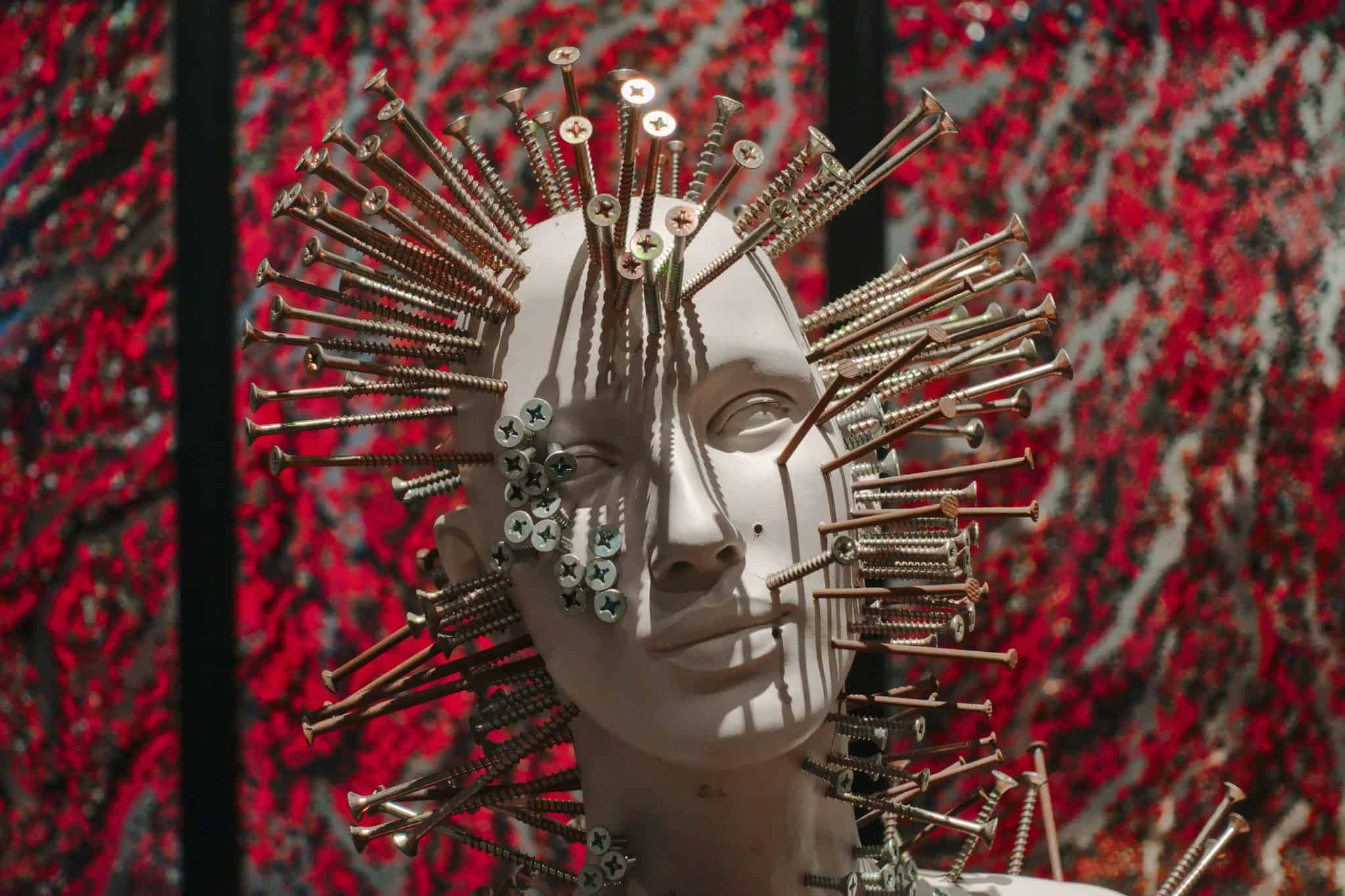Headaches, an ailment we've all experienced at some point or another, are complex and multifaceted. Though often dismissed as a minor inconvenience, understanding the causes of headaches can help manage and prevent them. So in this post, we’ll learn about the different types of headaches and what causes them.
Different Types of Headaches
There are several different types of headaches, and each has its own set of triggers and symptoms:
- Tension Headaches: Often described as a tight band around the head, these are the most common type of headaches. They are usually caused by muscle tension in the neck, face, and scalp.
- Migraine Headaches: Intense and throbbing, migraines can last from several hours to several days. They might be accompanied by nausea, vomiting, and sensitivity to light and sound.
- Cluster Headaches: These are severe and recur in cycles. Sufferers might experience pain on one side of the head and watering of the eyes.
- Sinus Headaches: These occur when the sinus passages behind the eyes, nose, cheeks, and forehead become inflamed.
Common Causes and Triggers
There are a few common causes, or triggers, for headaches. By knowing what triggers bring on a headache, you can try your best to avoid them and mitigate the chances of developing a headache. These triggers include:
- Stress: One of the primary culprits behind many headaches, especially tension headaches. Stress causes muscles to tighten, leading to pain.
- Environmental Factors: Changes in the weather, exposure to strong odours, bright lights, and loud noises can all act as triggers, especially for migraines.
- Diet: Certain foods and beverages, like aged cheese, red wine, and those high in MSG or nitrates, can cause headaches in some people.
- Hormonal Changes: Fluctuations in hormones, especially during a woman’s menstrual cycle, can lead to migraines.
- Sinus Infection: This can result in inflammation of the sinuses, causing pain and pressure.
When to Seek Medical Attention
While many headaches are benign and temporary, it’s crucial to recognise when they might be a sign of a more severe issue. Seek medical attention if:
- Your headache comes on suddenly and is severe.
- It is accompanied by fever, stiff neck, confusion, seizure, double vision, weakness, numbness, or difficulty speaking.
- You have a headache after a head injury.
- It's a new headache, and you're over 50.
Understanding Headaches Helps With Treatment
While headaches are common, understanding their types and triggers can help in their prevention and management. By paying attention to the signals our body sends us, we can mitigate the effects of these painful nuisances and lead a more comfortable, headache-free life.
If you’re struggling to manage your headaches effectively, then our team at Melville Wellness Centre can help. <A href="https://melvillewellness.bookings.pracsuite.com/guest">Book an appointment</a> with us today to get started.
